Stephen Hawking, the brilliant British scientist, stands as a towering figure in the realms of theoretical physics and quantum cosmology. Born to parents whose families faced financial downturns in the 1920s, both Frank Hawking and Isobel Walker pursued education at Oxford University despite their economic challenges.
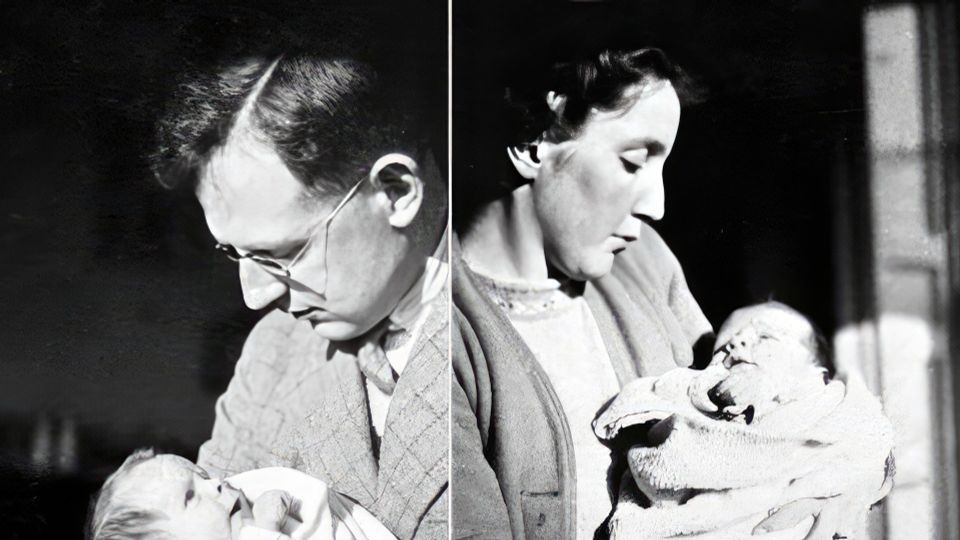
Isobel, breaking gender barriers, studied philosophy, political science, and economics, becoming one of the first women to secure higher education at the prestigious institution.

Stephen, born during the tumultuous times of World War II, exhibited signs of his exceptional nature even at an early age. His mother’s impulse purchase of an atlas of the starry sky just before his birth seemed to foreshadow the astronomical heights he would reach in his career.
Interestingly, Stephen was born on the 300th anniversary of Galileo Galilei’s death, adding a poetic touch to his entrance into the world.
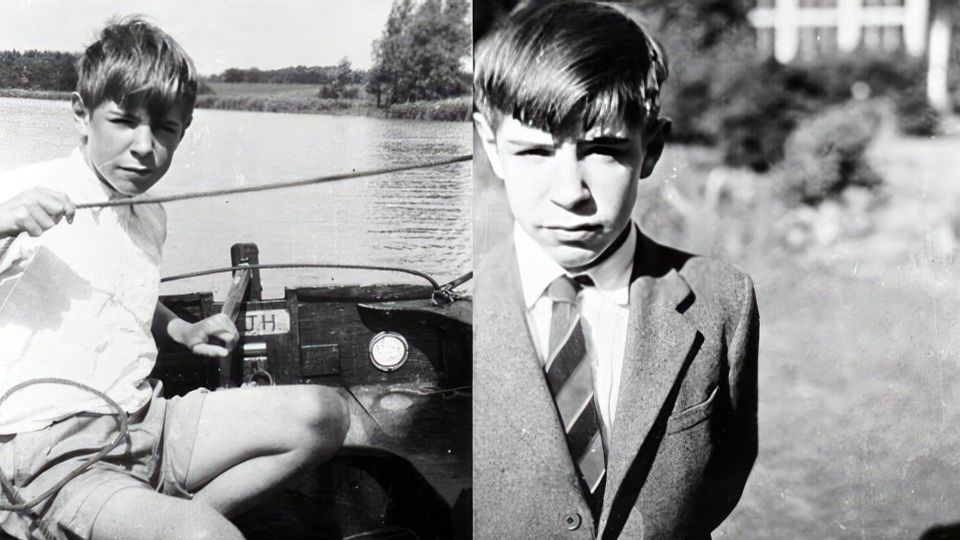
In 1962, Stephen graduated with honors from Oxford and embarked on his Ph.D. journey at Cambridge University. However, his life took an unforeseen turn as he began experiencing awkward and unbalanced movements, leading to fainting spells.
Eventually diagnosed with amyotrophic lateral sclerosis (ALS) at the young age of 22, Stephen faced the grim prognosis of only two years to live.
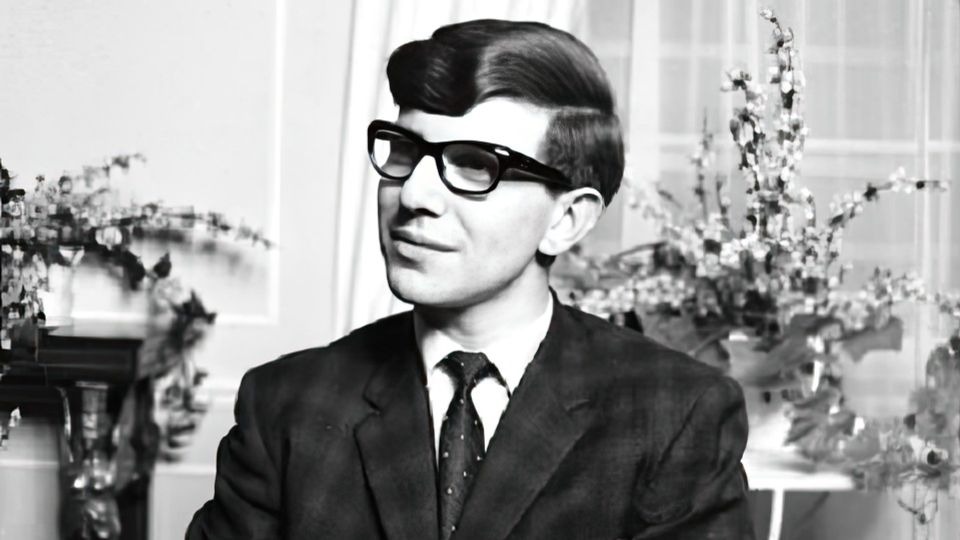
This dire prediction plunged him into a deep depression, affecting not only his personal life but also the academic and scientific aspirations he had envisioned.
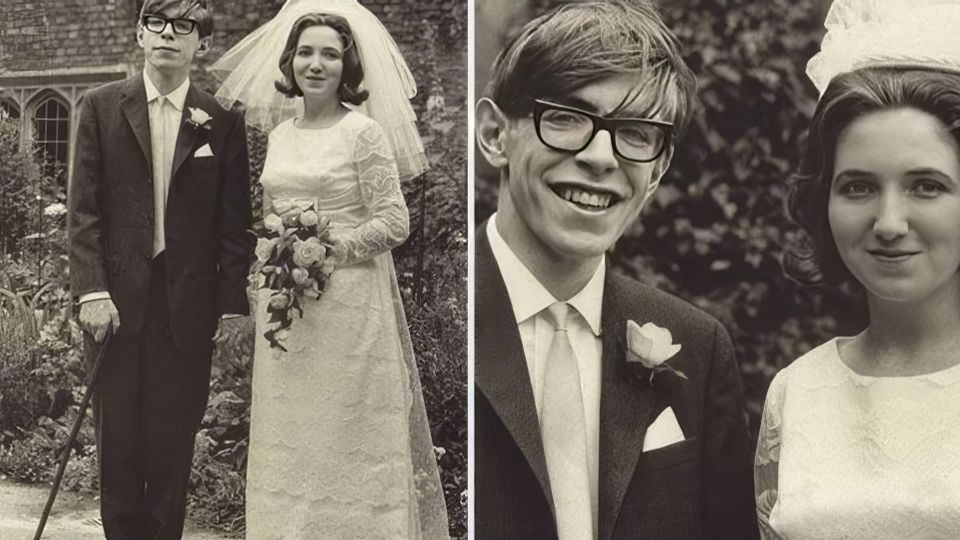
However, fate took a different turn, and Stephen found solace and renewed purpose with his marriage to Jane Wilde in 1965. Despite the challenges posed by his deteriorating health, the couple faced them together, welcoming their first child, Robert, two years later.
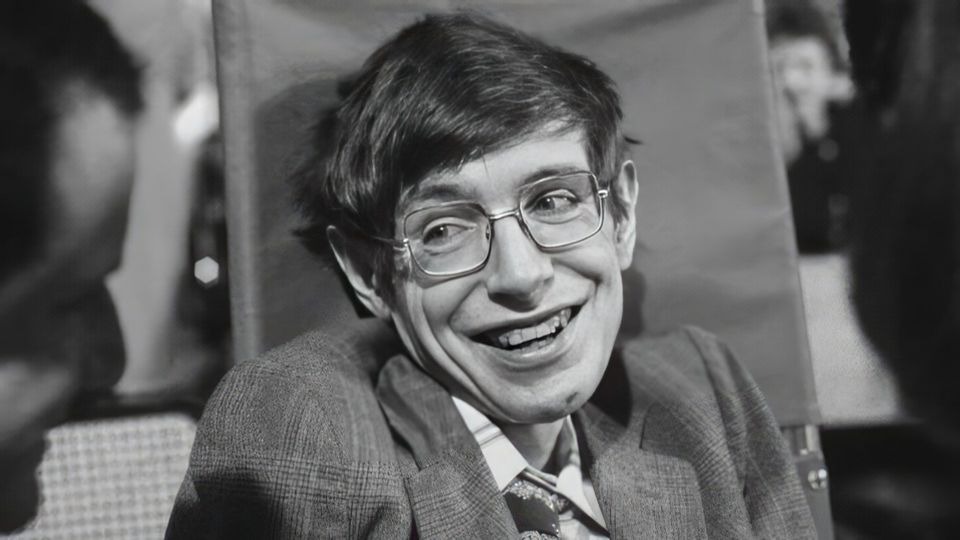
Jane became not only his loving wife but also a devoted companion and colleague, standing by him during his struggles with pneumonia in 1985.
Stephen’s commitment to life and science prevailed, and he continued his academic pursuits, earning his Ph.D. in physics from Cambridge.
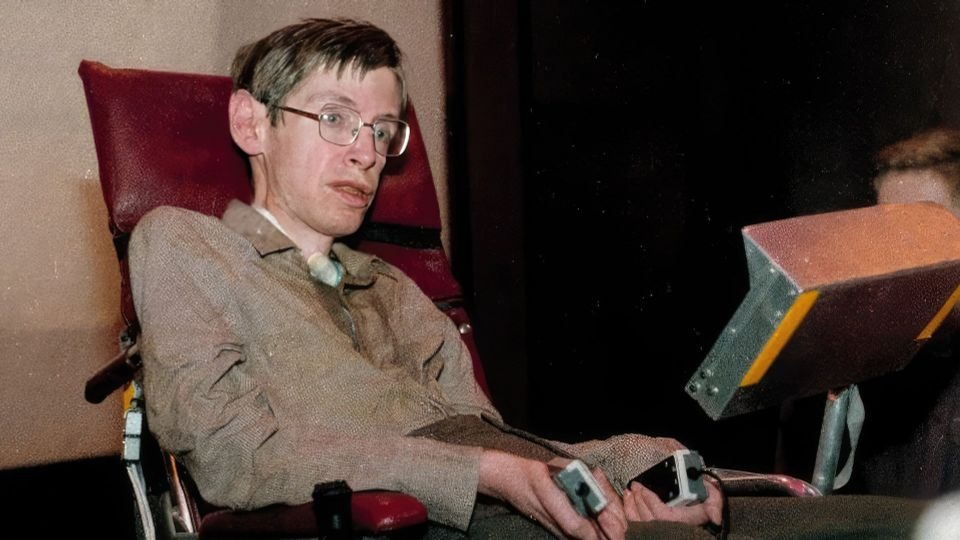
His influential essay on singularity, “Singularities and the Geometry of Spacetime,” earned him the prestigious Adams Prize in 1966, recognizing him as the best young mathematical scientist in Britain.
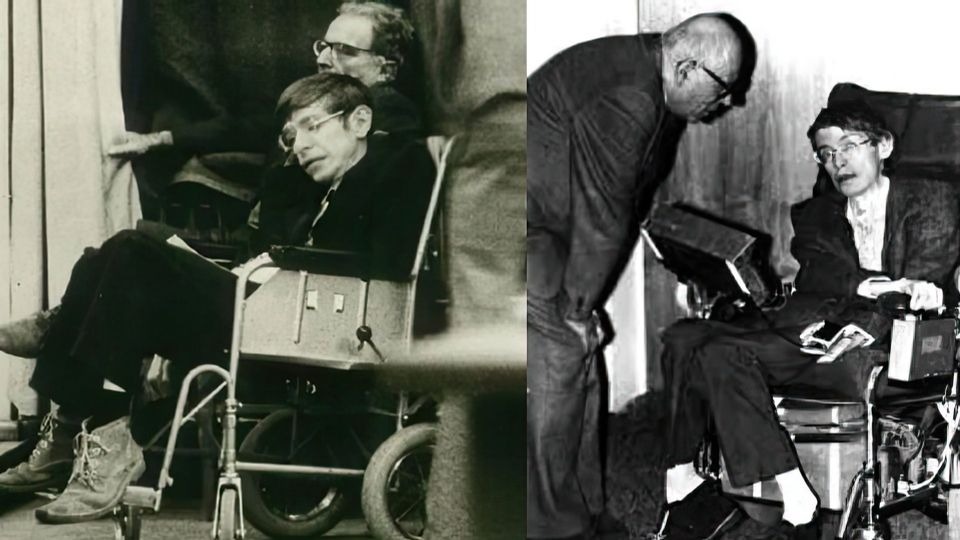
Despite physical limitations, Stephen’s career soared as he secured a position at Gonville and Caius College, Cambridge. Throughout the ’70s, he contributed significantly to applied mathematics, astronomy, and theoretical physics, leaving an indelible mark on the scientific community.
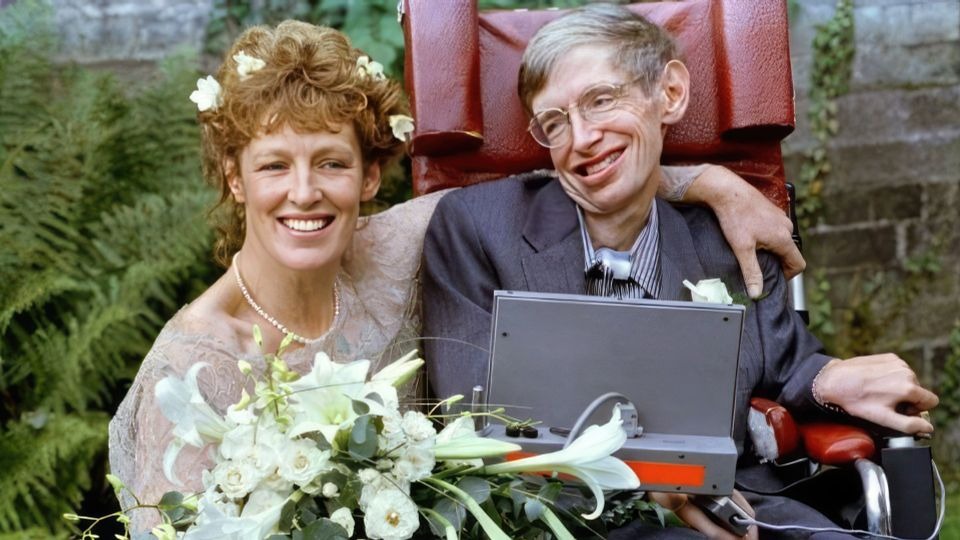
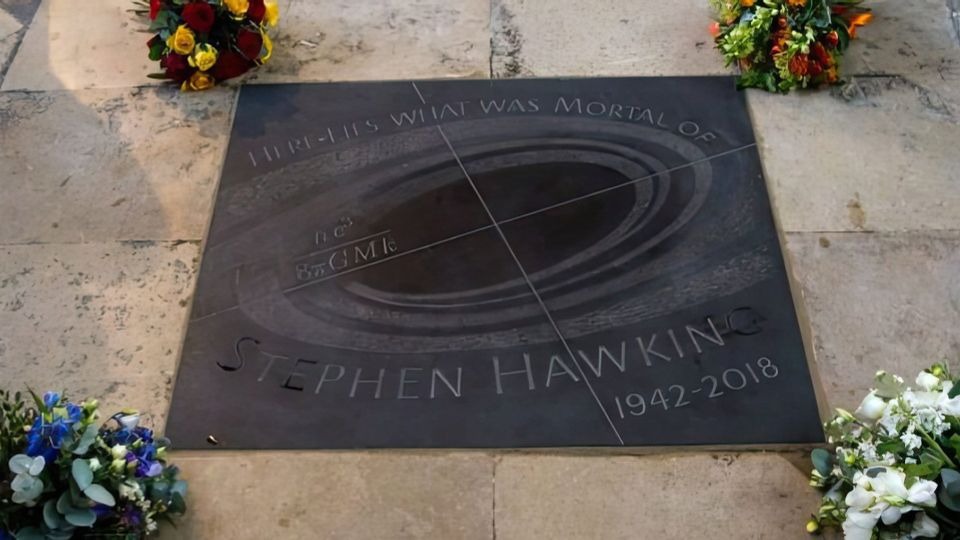
Share your comments.
